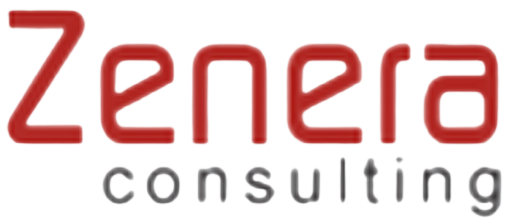Imagine getting a message saying “Hi. You hv bn invited 4 an intrvw at 7, Lola Street, Egbeda. Tuesday @ 4pm. Pls be punctual.” This would obviously ring alarm bells because no reputable company would frame an interview invitation in such an unprofessional manner. At the end of the day, your attendance would be solely based on desperation to get a job, bearing in mind the dire state of the economy.
Here are a few tips to guide your decisions whenever you receive interview invitations in the saturated Nigerian job market.
Phony Contact Address: On the rare occasion that you find yourself questioning the legitimacy of a job interview, the address is a surefire method of determining its authenticity. You will find that phony companies’ whereabouts are unclear and without a landmark to guide you. Also, the location of the company could bear an odd street name or number. This is an important point to note because it could be potentially threatening to your safety.
Grammar/Writing Style: This is a bit difficult to spot because some organisations contact their applicants with informal speech or writing such as “I will see you tomorrow”, or “No problem”. This may be acceptable in the event of previous communication with the employer who only intends to finalise employment arrangements. However, if the tone of the employer has been formal from the outset, then it is advisable to be suspicious. Similarly, the writing style also depends on the type of organisation involved. Employers in the entertainment industry may not necessarily send a formal letter of invitation to an interview, opting instead for a simple text message.
However, most credible organisations hire staff making use of good grammar to draft their emails or text messages. Thus, poor sentence structuring and misspellings are red flags of a phony interview.
Persistent Phone Calls & Messages: If you are constantly receiving calls from a potential employer, it could mean several things. The employer probably realises the need to recruit you before a rival organisation beats them to it, and so would opt for regular checkup. However, this could be a hard sell for prestigious companies and businesses who would rather outsource recruitment to the relevant agencies. Also, if you are inundated by phone calls and messages from a potential employer requesting your personal details and other irrelevant information, it could be a warning sign of a fake interview.
Unscrupulous Payment Requests: Money laundering schemes have no boundaries and individuals looking to further their own agenda prey on the dire situation in the job market. You can easily identify invitations of this nature if you are being asked to pay certain amounts of money for a particular training or material that will qualify you for an interview. However, it is highly unlikely that potential employers would ask for payment before an interview holds. Therefore, be cautious of such employment schemes that request unwarranted payments.
Poor Social Media Presence: In an era which has seen top organisations and businesses leverage social media as a prime mode of public engagement, the need to maintain a vibrant social media presence cannot be over-emphasised. Therefore, an organisation with little or no social media presence is perhaps not worth a second look. The proper thing to do following an invitation is to be sure the organisation has a brand face and value. Check for social media mentions and pages, followers and likes to be sure the organisation you will likely pitch your tent with is in sync with digital trends.
No History of Application: In a frantic bid to send out applications, there is every chance you may have lifted email addresses of hiring managers from varying job listing websites. On the other hand, there may be exceptions. The number of dubious job listing platforms is growing by the day. So, you would be doing yourself a favour keeping a register of the jobs you have applied for and the platforms that availed you of the opportunity. Hiring managers will sometimes tell you how they got your resume before introducing themselves. If no reference is given, just go with the flow and your register will help you connect the dots.
- Adesegun Damazio & Idegbua Higo

Leave a Reply